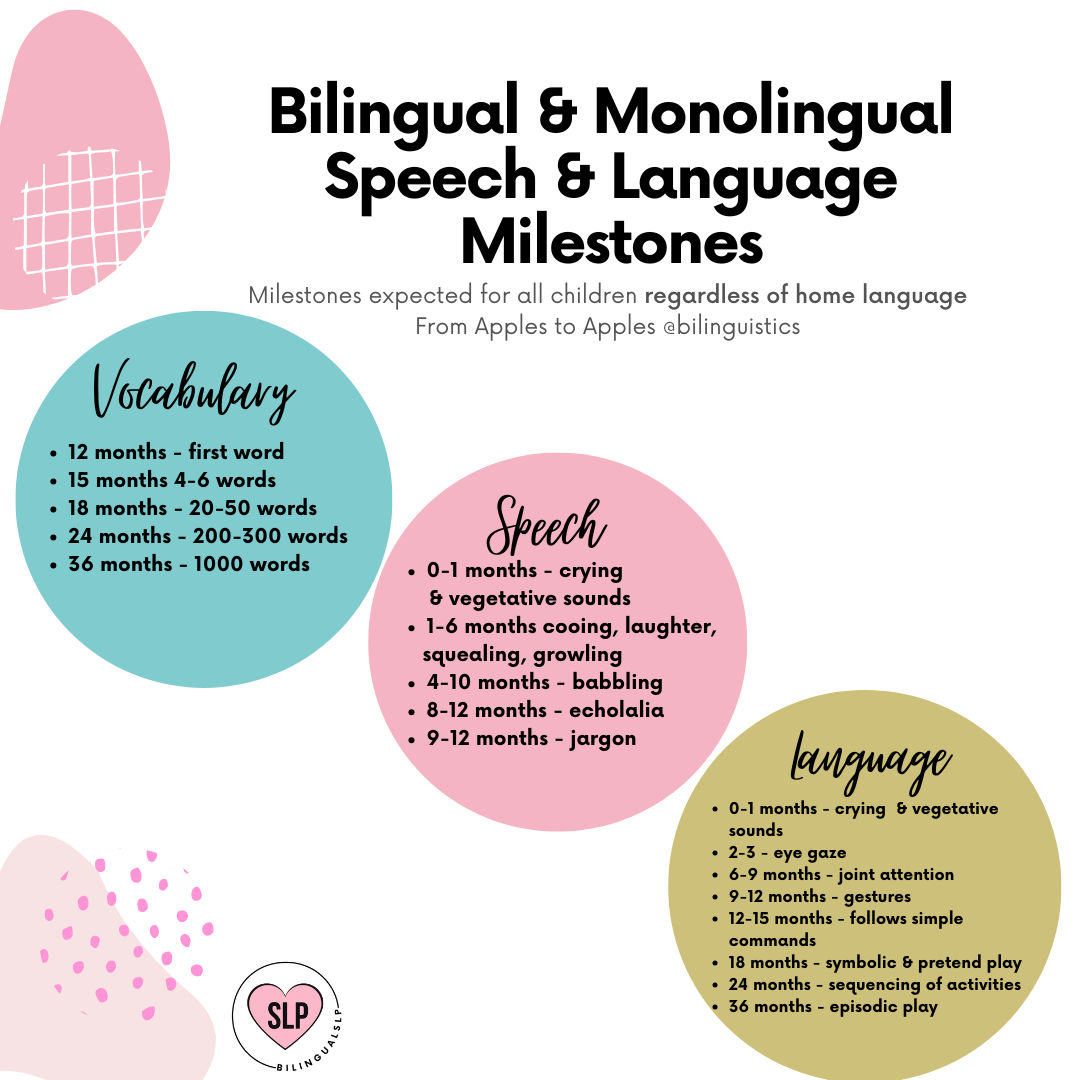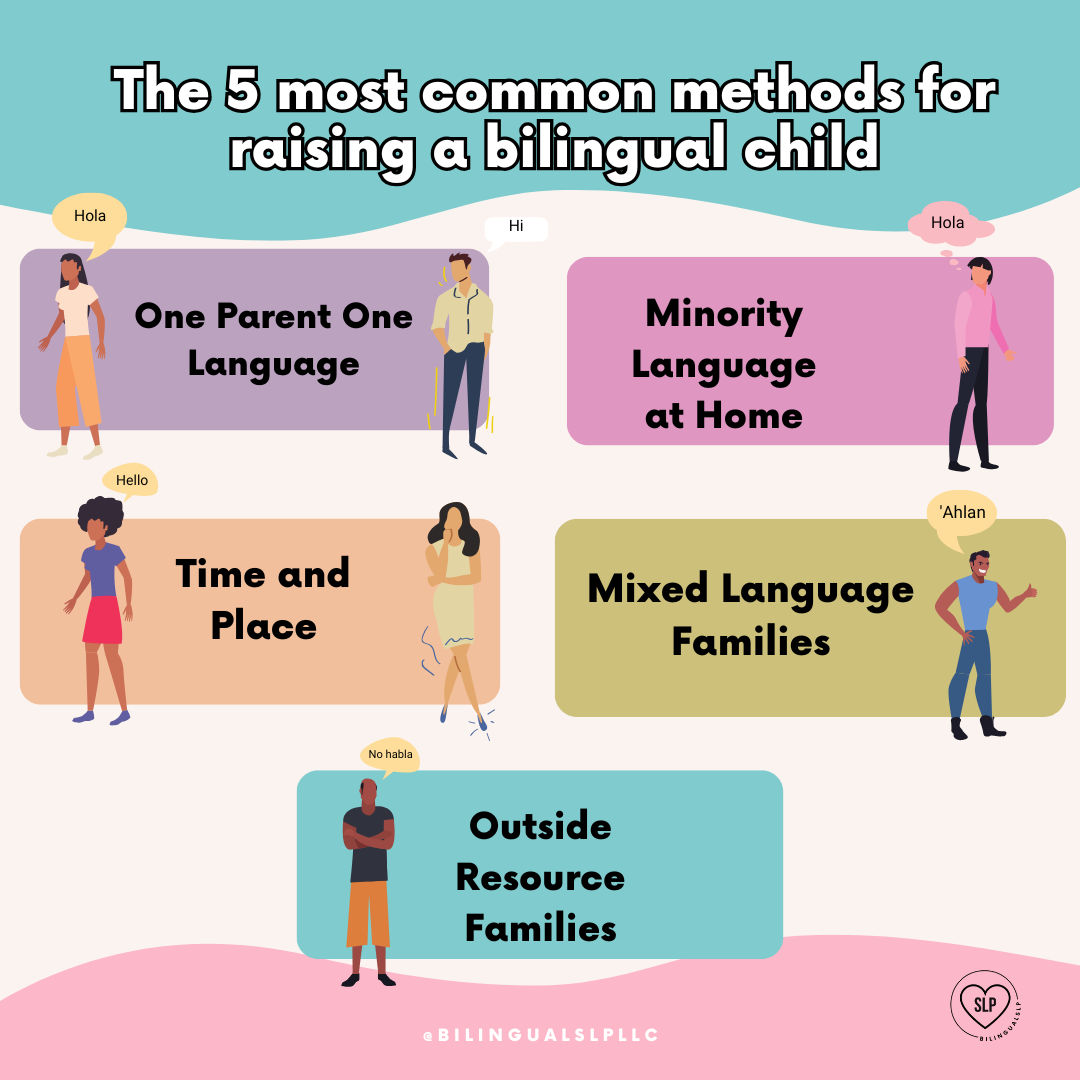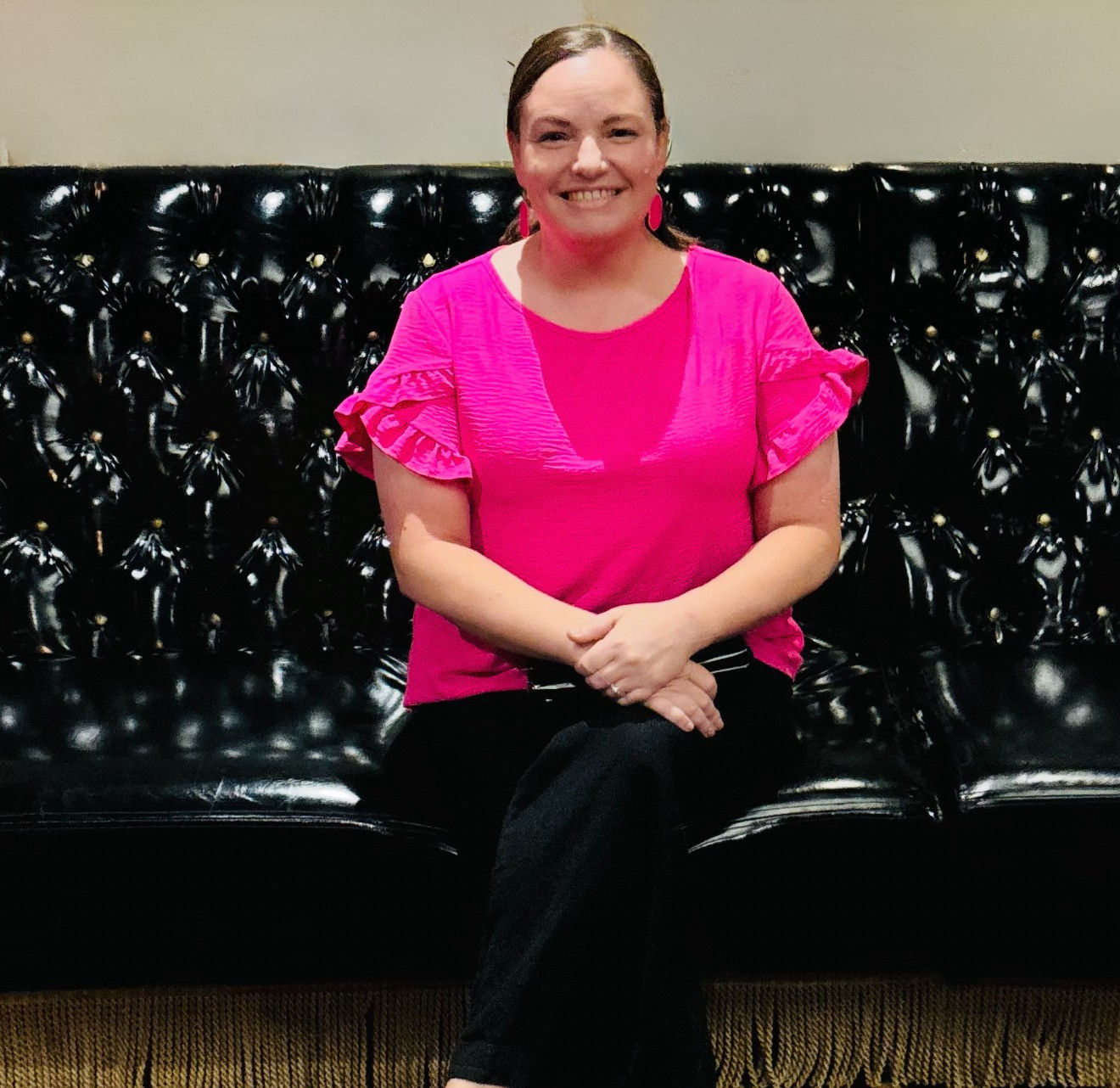Educational Therapist | Adaptive Learning & Literacy Specialist
Excited to share that Speak & Play is now live! This new platform, built on NSF-funded technology, gives families real feedback on children’s speech and language right from home. Parents upload short audio clips of their child speaking, and get personalized, research-backed ideas for supporting language growth: no diagnostic labels, just practical help.
Speak & Play offers accessible, clinician-designed tools for early intervention and ongoing language support. Our goal is to bridge the gap for families, clinics, and schools facing long waitlists or limited specialist access. The platform is ready to use, and we’re always open to feedback from SLPs, educators, and parent advocates.
If you’d like to learn more, connect with me or visit https://speakandplay.ai. Let’s help more families find the support they need, when they need it.
Excited to share that Speak & Play is now live! This new platform, built on NSF-funded technology, gives families real feedback on children’s speech and language right from home. Parents upload short audio clips of their child speaking, and get personalized, research-backed ideas for supporting language growth—no diagnostic labels, just practical help.
Speak & Play offers accessible, clinician-designed tools for early intervention and ongoing language support. Our goal is to bridge the gap for families, clinics, and schools facing long waitlists or limited specialist access. The platform is ready to use, and we’re always open to feedback from SLPs, educators, and parent advocates.
If you’d like to learn more, connect with me or visit https://speakandplay.ai. Let’s help more families find the support they need, when they need it.

April Jackson | Verse
Book a free consultation call with me here:
https://versetherapy.com/directory/april-jackson

SPECIAL EDUCATOR|TLM SPECIALIST|CPD|ASDAN|ABA INTERVENTION|AAC INTERVENTION.
HEAD BANGING IN CHILDREN WITH SPECIAL NEEDS
Head banging is a type of self-injurious behavior commonly seen in some autistic individuals, often used as a way to cope with overwhelming sensory input or emotional distress.
It can be triggered by sensory overload, frustration, anxiety, pain, or a desire for deep pressure input — making it essential to identify the root cause before addressing the behavior.
✨ Let’s talk about:
Why head banging happens
What it tells us about the child’s needs
And how we can respond safely and effectively
SPECIAL EDUCATOR|TLM SPECIALIST|CPD|ASDAN|ABA INTERVENTION|AAC INTERVENTION.
In the world of special education, communication is the foundation for meaningful growth. ✨
Recently, I worked with a vibrant 5-year-old student named Adam. Although he could vocalize words, he struggled with purposeful communication. His needs for toys, food, and assistance often went unmet simply because he lacked an effective way to express them.
Through the use of Functional Communication Training (FCT), we introduced structured, meaningful alternatives to his communication attempts. By teaching Adam simple, functional phrases paired with visual supports, we opened a door, empowering him to replace frustration with connection.
Functional communication isn't just a strategy; it's a critical step toward autonomy, dignity, and learning.
Today, I’m sharing a glimpse into how FCT can transform a child's world, one request at a time.
"bilingual children talk later"
I hear this ALL the time and it is NOT true! Early language milestones are similar for bilingual and monolingual children. If a child is not meeting these milestones, you should talk to a speech-language pathologist!
What questions do you have about bilinguals?

SPECIAL EDUCATOR|TLM SPECIALIST|CPD|ASDAN|ABA INTERVENTION|AAC INTERVENTION.
Why Is He Always Throwing Things
When I first met Ayaan (name changed), a 5-year-old autistic boy in my classroom, his days were filled with unpredictability, for both of us. He would run to the door multiple times, throw toys across the room, and burst into giggles at seemingly random moments. Verbal instructions didn’t land. He seemed inattentive, overwhelmed, and unreachable.
One morning, as I was picking up the same toy he had thrown for the fourth time, I paused and asked myself: "What if this isn’t misbehavior? What if this is a cry for structure?"
That simple question changed everything.
We started small: a visual schedule with just four steps, a consistent arrival routine, and movement breaks between tasks. Within weeks, he began checking the visual chart on his own. The throwing lessened. He stayed longer at the table. And for the first time, he waited in line during snack time.
It wasn’t magic. It was predictability, and it made his world feel safer.
Empowering Kids Who Stutter: Knowledge, Accepta...
Just published a new blog post on my Mrs. Speech Online website exploring a crucial aspect of stuttering therapy: moving beyond just fluency strategies to truly understanding the experience of individuals who stutter. I delve into why this understanding is so vital, especially for older students who may feel frustrated and unheard. Check it out and share your thoughts!
https://mrsspeechonline.blogspot.com/2025/04/empowering-kids-who-stutter-knowledge.html
#StutteringAwareness #SpeechTherapy #UnderstandingStuttering #StudentVoice

There is no wrong way to raise a bilingual child.
Bilingualism is a gift you can give your child that will open doors of opportunities. AND IT WILL NOT CAUSE CONFUSION OR DELAYS.
Here are the 5 most common methods:
1️⃣ One Parent, One Language:
In this approach, each parent consistently speaks a different language with their child. This clear separation helps the child associate each language with a specific parent, making it easier for them to distinguish and learn.
2️⃣ Minority Language at Home
Parents create a language-rich environment at home where the minority language is dominant. Reading, playing, and communicating in the minority language ensures your child is immersed in it, reinforcing their language skills.
3️⃣ Time and Place
Parents designate specific times or places for each language. For example, weekdays could be for one language, and weekends for another or home is minority language and everywhere else the majority language.
4️⃣ Mixed Language Families
Family members to use their native language when interacting with the child. (just try to avoid using Spanglish).
5️⃣ Outside Resources
Parents leverage resources beyond the family structure. Monolingual parents may enroll their child in bilingual programs, find language apps, or visit cultural events and communities where the target language is spoken.
I was raised as a Minority Language at Home and raised my daughter as an Outside Resource family.
Let me know in the comments what method you use.

Calling all Speech Language Pathologists! 🗣️💼 Looking for a 100% remote role where you can serve clients in California from the comfort of your own home?
Well, Michelle Chaisson Moore is hiring, and this could be your next gig! 🌟
If you’re ready to make an impact from your laptop (and avoid California traffic 🚗), this is the opportunity you’ve been waiting for. 🙌
Apply now: https://smrtr.io/nbYW9 and start practicing your remote Zoom voice! 💻
#SLPJobs #SLP #Speech #SpeechLanguagePathology #RemoteWork #ApplyNow #NoCommuteLife





